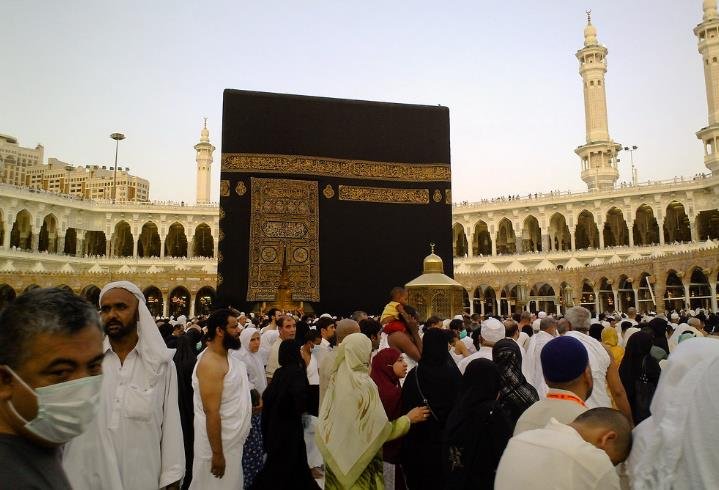As the holy month of Ramadan unfolds, Saudi Arabia has introduced a significant change to the Umrah pilgrimage – a decision that aims to manage the massive influx of pilgrims and ensure a more sustainable and equitable experience for all. This article delves into the implications and the broader context of this policy shift.
The Grand Mosque in Mecca, the epicenter of Islamic faith, witnesses an extraordinary gathering of the faithful during Ramadan. To address the challenges of overcrowding, Saudi authorities have decided to limit the performance of Umrah to once per individual during the month. This move is designed to provide a safer, more spiritual experience for pilgrims and to facilitate better crowd management.

The restriction is a response to the logistical difficulties posed by the sheer number of people seeking to perform Umrah during this peak period. By allowing pilgrims only a single permit for Umrah, the authorities aim to distribute the opportunity more evenly among the ummah (community), ensuring that as many as possible can fulfill this religious aspiration.
The Digital Shift in Pilgrimage
In tandem with the new policy, the Saudi Ministry of Hajj and Umrah has leveraged technology to streamline the pilgrimage process. The Nusuk app, a digital platform, is at the forefront of this transformation, offering an electronic gateway for managing Umrah procedures. This system not only simplifies the application for permits but also enforces the new rule by preventing multiple bookings.
The app’s role extends beyond permit issuance; it is part of a broader digital strategy to enhance the pilgrimage experience. From scheduling visits to the Prophet’s Mosque in Medina to extending the Umrah visa duration, these digital initiatives reflect a commitment to modernizing the pilgrimage in line with global technological trends.
Reflections on Pilgrimage and Policy
The decision to bar repeat Umrah during Ramadan has sparked a conversation about the balance between religious devotion and practical governance. It raises questions about how best to honor the sanctity of religious rites while adapting to contemporary challenges. The policy reflects a nuanced understanding of the need for order, equity, and sustainability in religious practices.
As the faithful adapt to this change, the policy serves as a reminder of the evolving nature of religious observance in a rapidly changing world. It underscores the importance of thoughtful policy-making that respects tradition while embracing innovation for the collective good.
